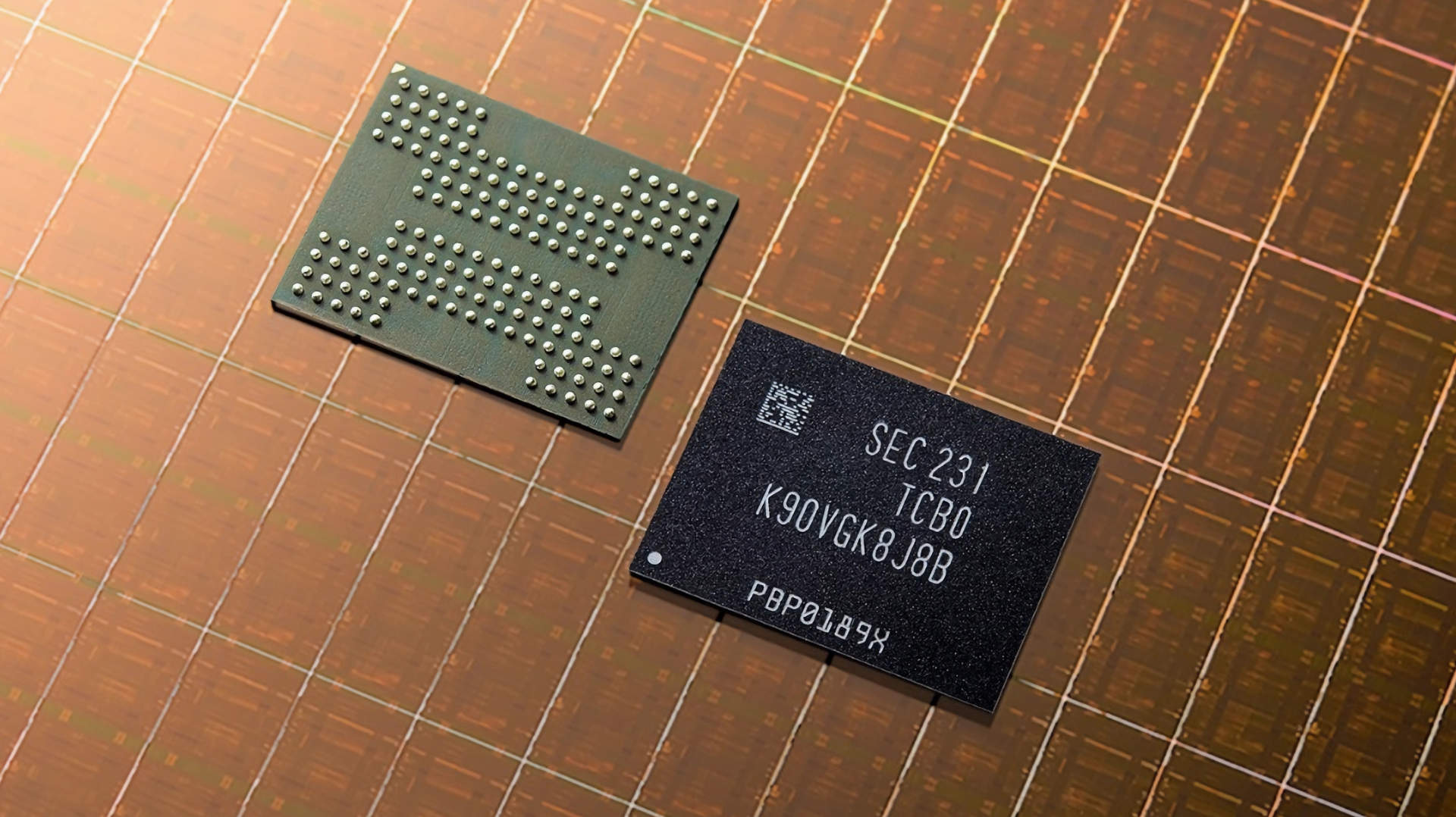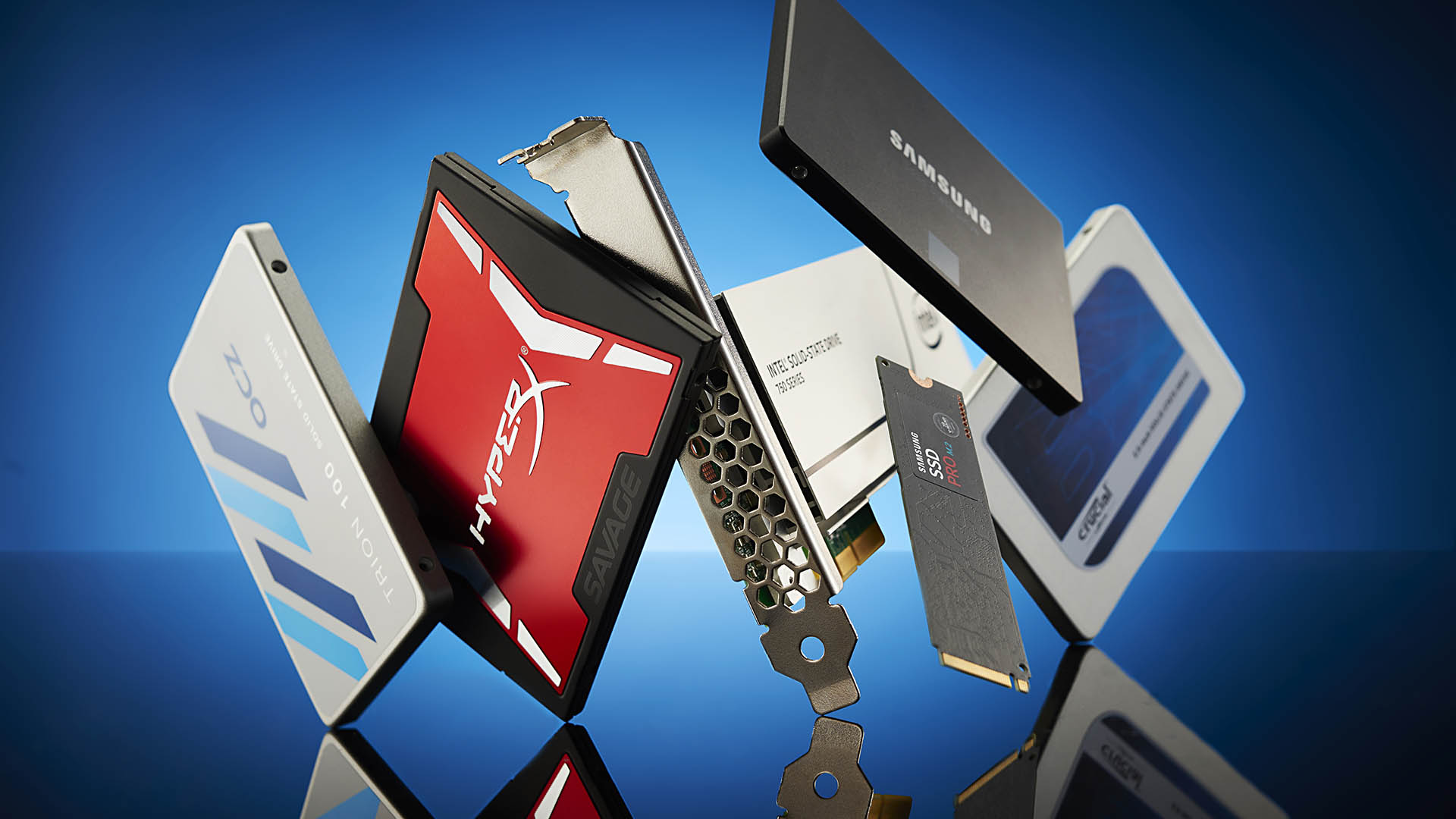
With solid state drives being more popular than ever, the wholesale prices of the chips they use (NAND flash) have been slowly rising since the middle of summer. However, it looks like Samsung wants to ramp things up considerably, by adding up to 20% to the price tags, per quarter, over the first half of 2024.
As reported by Trendforce, a market research company that specialises in the memory and storage industries, Samsung has been steadily raising the wholesale prices of its NAND flash chips for a while now. Those increases have generally been quite small, though, initially just a few percent and then by 10 to 20% in the last quarter.
However, it looks like the world's largest manufacturer of flash memory wants to push it up to a consistent 20% for at least two more quarters.
That means third party SSD vendors could be paying as much as 44% more for NAND chips by the middle of 2024. If you're looking at that figure and thinking it looks a lot, then you're not wrong. And unless there's a dramatic decline in SSDs sales next year, it means the big increase in component cost could ultimately get passed down to the consumer.
That said, It shouldn't mean that your favourite 1TB SSD will suddenly rocket in price, as bulk purchase contracts between chip manufacturers and drive vendors usually entail a fairly large discount. But you should expect to see storage drive prices go up by at least 10 to 15%, depending on the model. SSDs that use an especially common flash type and format are the ones that will most likely see the largest price increase.
Part of the problem, other than Samsung just wanting all your base, is that the stagnant PC market has resulted in there being an excess of unsold flash chips. When demand is low but supply is high, manufacturers will typically drop prices to clear old inventory.

Best SSD for gaming: The best speedy storage today.
Best NVMe SSD: Compact M.2 drives.
Best external hard drives: Huge capacities for less.
Best external SSDs: Plug-in storage upgrades.
But once that's all been shifted and the demand is high again, prices inevitably go back up again. It's a cycle that has dominated the memory and flash industry ever since it started.
Trendforce also reports that Samsung will be decreasing RAM and NAND production next year, to further reduce supply and maximise the gains from the price rises. Naturally the whole industry is quite happy about all of this, especially investors, as Samsung's share prices have risen by 7% in the past month.
If I sound like a stuck record by telling you to get some decent SSD upgrades now while the prices are good, then that's fine by me. Nobody wants to be paying more for a PC component than they absolutely need to, especially if the same hardware is going to cost you more in six months time.







